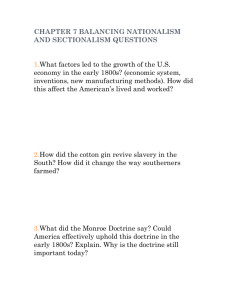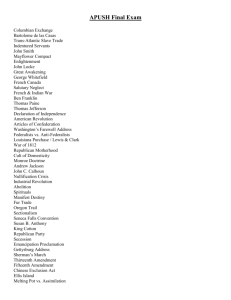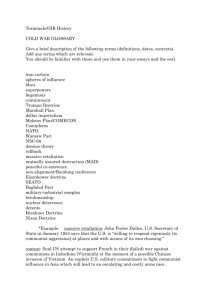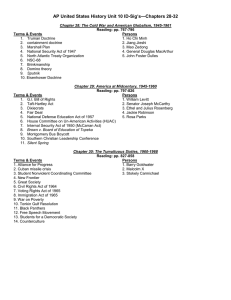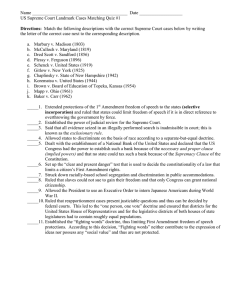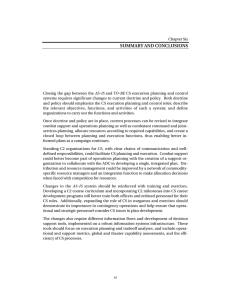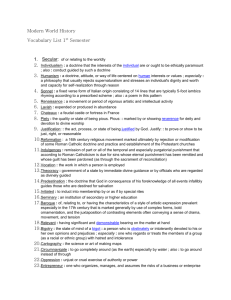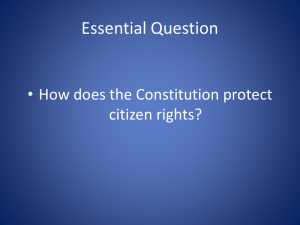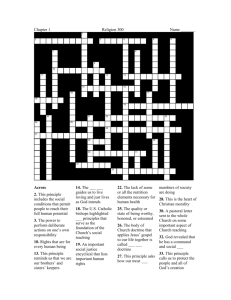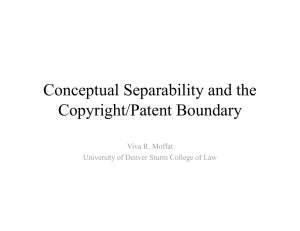Abstract
advertisement
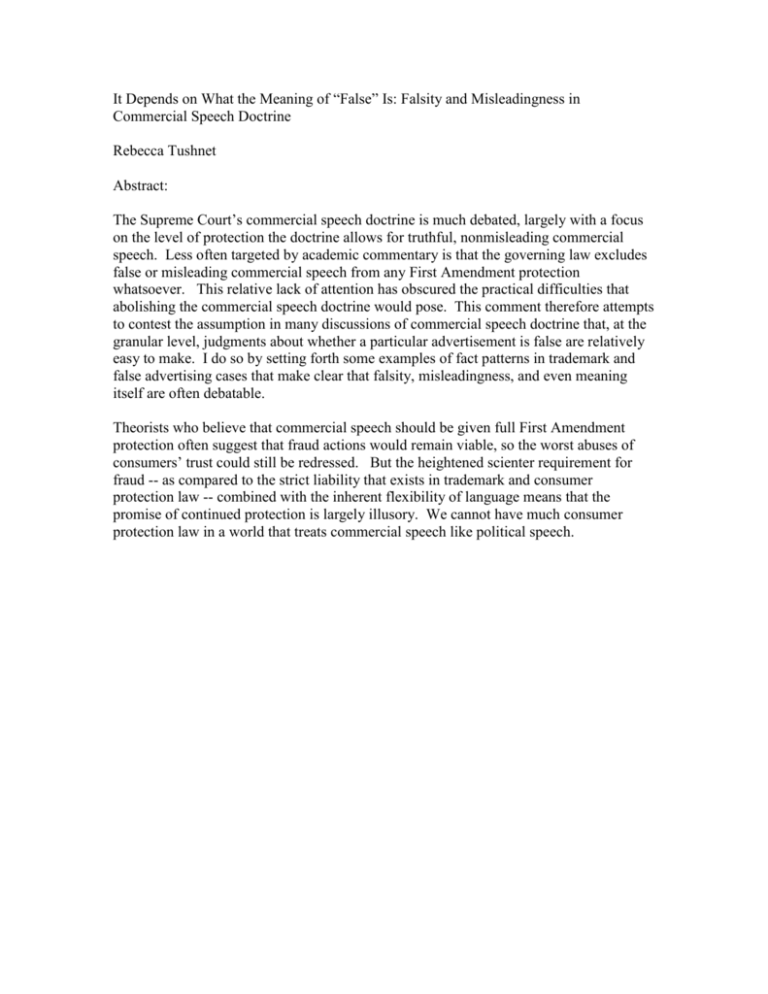
It Depends on What the Meaning of “False” Is: Falsity and Misleadingness in Commercial Speech Doctrine Rebecca Tushnet Abstract: The Supreme Court’s commercial speech doctrine is much debated, largely with a focus on the level of protection the doctrine allows for truthful, nonmisleading commercial speech. Less often targeted by academic commentary is that the governing law excludes false or misleading commercial speech from any First Amendment protection whatsoever. This relative lack of attention has obscured the practical difficulties that abolishing the commercial speech doctrine would pose. This comment therefore attempts to contest the assumption in many discussions of commercial speech doctrine that, at the granular level, judgments about whether a particular advertisement is false are relatively easy to make. I do so by setting forth some examples of fact patterns in trademark and false advertising cases that make clear that falsity, misleadingness, and even meaning itself are often debatable. Theorists who believe that commercial speech should be given full First Amendment protection often suggest that fraud actions would remain viable, so the worst abuses of consumers’ trust could still be redressed. But the heightened scienter requirement for fraud -- as compared to the strict liability that exists in trademark and consumer protection law -- combined with the inherent flexibility of language means that the promise of continued protection is largely illusory. We cannot have much consumer protection law in a world that treats commercial speech like political speech.
